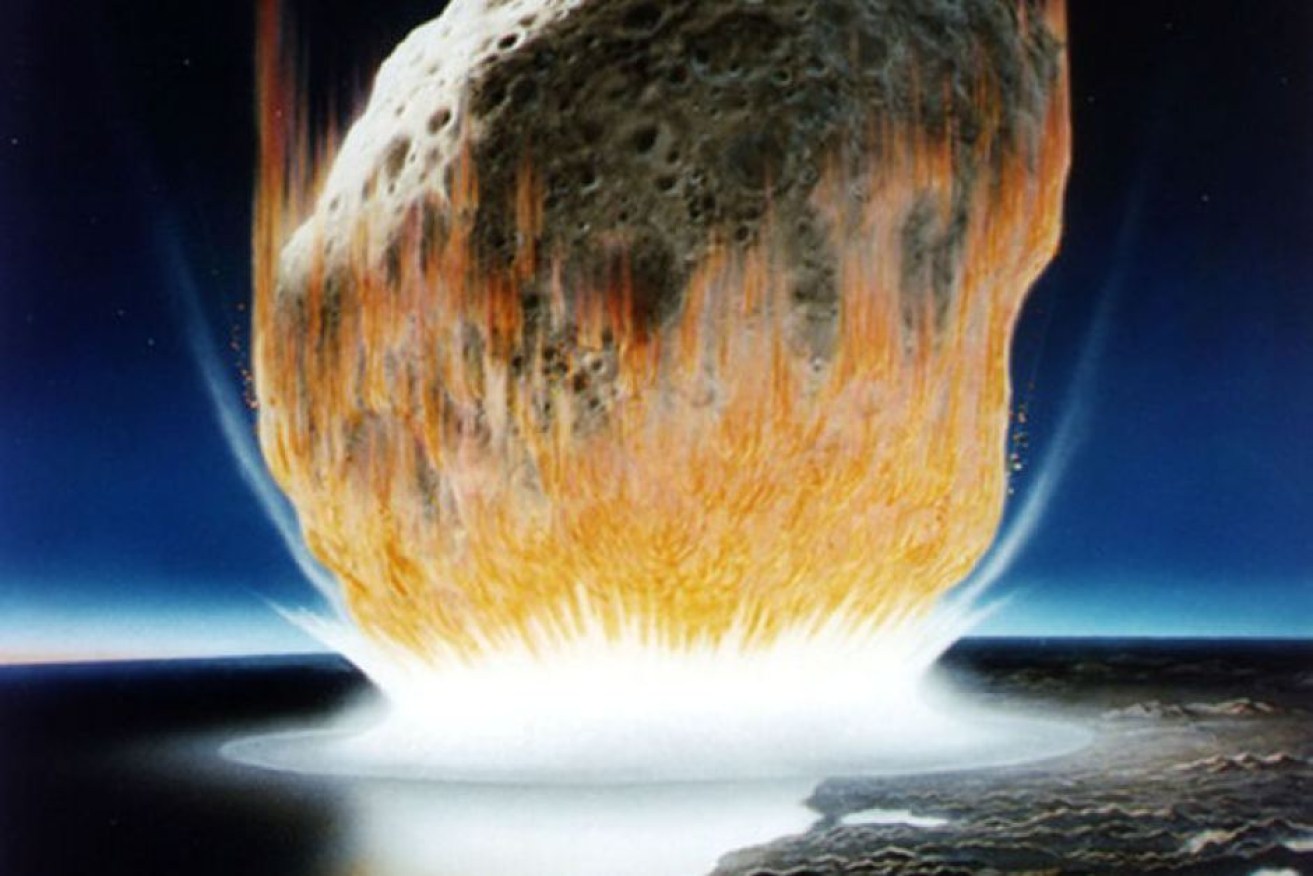The risk of giant comet hitting Earth increases

Earth could be at higher risk of a space rock impact than widely thought, according to astronomers who have suggested keeping a closer eye on distant giant comets.
Most studies of potential Earth-smashers focus on objects in the asteroid belt roughly between Mars, Earth’s outside neighbour, and Jupiter on its other flank, the researchers said.
But they noted that the discovery in the past two decades of hundreds of giant comets dubbed centaurs, albeit with much larger orbits, required expanding the list of potential hazards.
• Asteroid headed for very close shave with Earth
• SpaceX rocket successfully returns to Earth
• Geminids meteor shower puts on amazing display
These balls of ice and dust, typically 50 to 100 kilometres wide, have unstable, elliptical orbits that start way beyond Neptune, the most distant planet from the Sun.
Their orbits cross those of the giant planets of Jupiter, Saturn, Uranus and Neptune, whose gravity fields occasionally deflect a comet towards Earth – once about every 40,000 to 100,000 years.
As they draw closer to the Sun, the comets would gradually break up, which is what causes the trademark cometary debris tail – “making impacts on our planet inevitable”.
“The disintegration of such giant comets would produce intermittent but prolonged periods of bombardment lasting up to 100,000 years,” the research team wrote in the Royal Astronomical Society journal, Astronomy and Geophysics.
And they argued that “assessment of the extraterrestrial impact risk based solely on near-Earth asteroid counts, underestimates its nature and magnitude”.
‘These distant comets could be a serious hazard’
 They added that a single centaur contained more mass than the entire population of Earth-crossing asteroids discovered to date.
They added that a single centaur contained more mass than the entire population of Earth-crossing asteroids discovered to date.
“In the last three decades, we have invested a lot of effort in tracking and analysing the risk of a collision between the Earth and an asteroid,” said co-author Bill Napier of the University of Buckingham.
“Our work suggests we need to look beyond our immediate neighbourhood too, and look out beyond the orbit of Jupiter to find centaurs.
“If we are right, then these distant comets could be a serious hazard, and it’s time to understand them better.”
Scientists believe a comet bombardment may have kickstarted life on Earth by bringing water and organic molecules.
A comet strike is also a leading contender for having ended the reign of the dinosaurs 65 million years ago.








